Kenyan priest charged with murder after discovery of mass graves
A court in Kenya has charged the self-proclaimed pastor Paul Nthenge Mackenzie and 94 other suspects with murder, torture and terrorism in connection with the death of more than 400 of his followers whose bodies were found in mass graves.
The head of the Good News International Church, Mackenzie purportedly instructed his followers to deprive themselves and their children of sustenance, so that they could “reach heaven and meet Jesus prior to the end of the world.”
The court has ordered Mackenzie and 30 others to undergo mental health tests.
According to documents from the Mombasa court, the priest was also charged on Thursday with “organized criminal activity” and “subjecting a child to torture.”
The priest was arrested in April, after months of digging across tens of thousands of acres of Shakahola forest in the remote southeast led to the discovery of 429 bodies.
The former taxi driver’s trial had been delayed due to the challenging process of finding, excavating, and conducting autopsies on numerous human remains. The autopsies revealed that the majority of the total victims had died of hunger.
Out of the bodies exhumed 191 were children, the majority of whose autopsy reports showed they were strangled, beaten or suffocated.
Some of Mackenzie’s disciples were saved – malnourished – when they were found from the woods.
The people who had witnessed Mackenzie’s activities said he had planned the mass fasting, which were ordered last year in January, in three phases: first children, then women and young men, and finally the remaining men, according to what they told Reuters.
His former disciples said he prohibited them from enrolling their children in educational institutions and seeking medical assistance at hospitals, as he labeled these establishments “Satanic.”
Mackenzie has argued that he is not responsible for the deaths as he closed his church in 2019.
Earlier in 2019, he was also accused of involvement in the death of two children who were believed to have been starved, suffocated and then buried in a shallow grave in Shakahola.
Kenya, a predominantly Christian country, has faced challenges in effectively regulating deceitful churches and cults involved in criminal activities.
According to government figures, there are more than 4,000 churches registered in the East African country of 53 million people.
After 15 months, Israeli army admits to killing kibbutz settlers on Oct. 7
VIDEO | Press TV's news headlines
VIDEO | Israel bans UNRWA amidst war on Gaza
Gaza's Nasser Hospital on verge of closure as Israel blocks fuel deliveries: UK charity
Venezuela’s Maduro sworn in for third term, pledges to form 'new democracy'
Iran backs stable, independent Lebanon free from foreign occupation: Araghchi
Yemen defies a year of US-UK-Zionist aggression in solidarity with Palestinians
Yemen strikes US aircraft carrier in Red Sea as Israel hits Yemeni targets


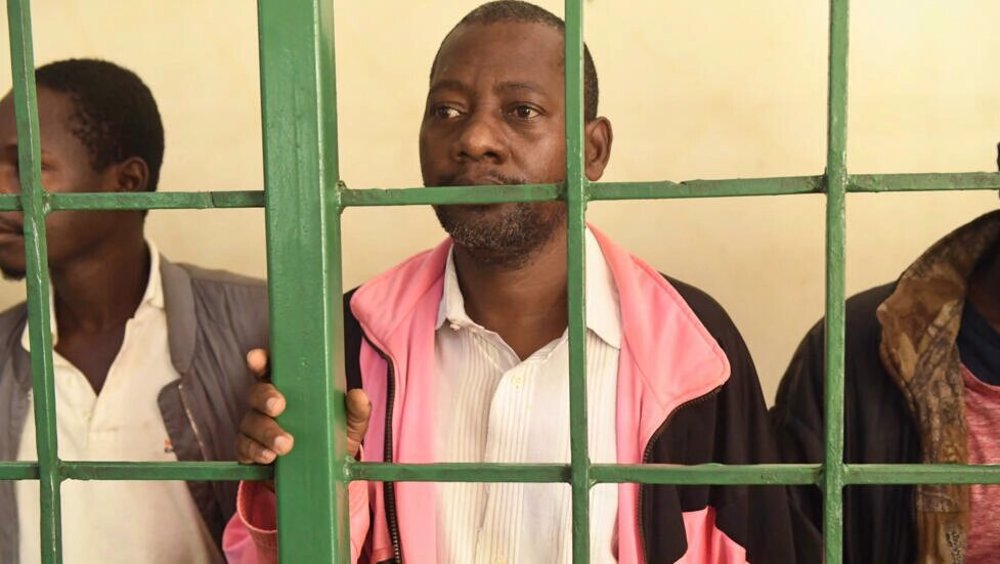
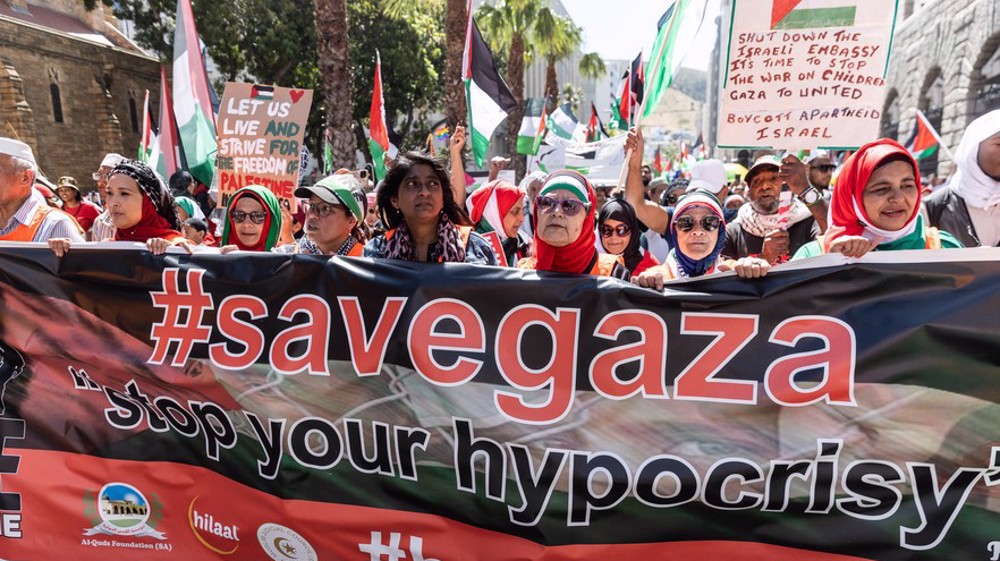






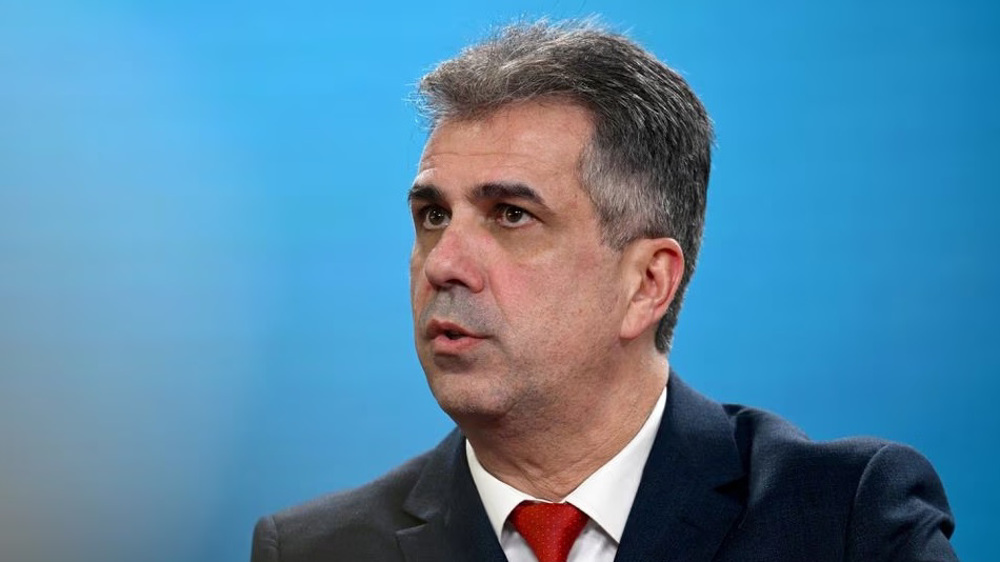
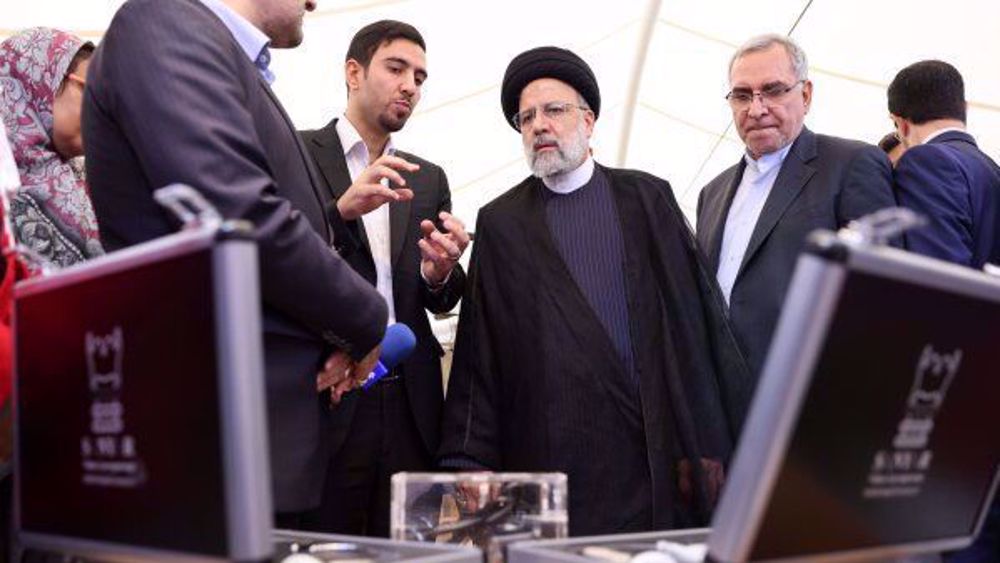
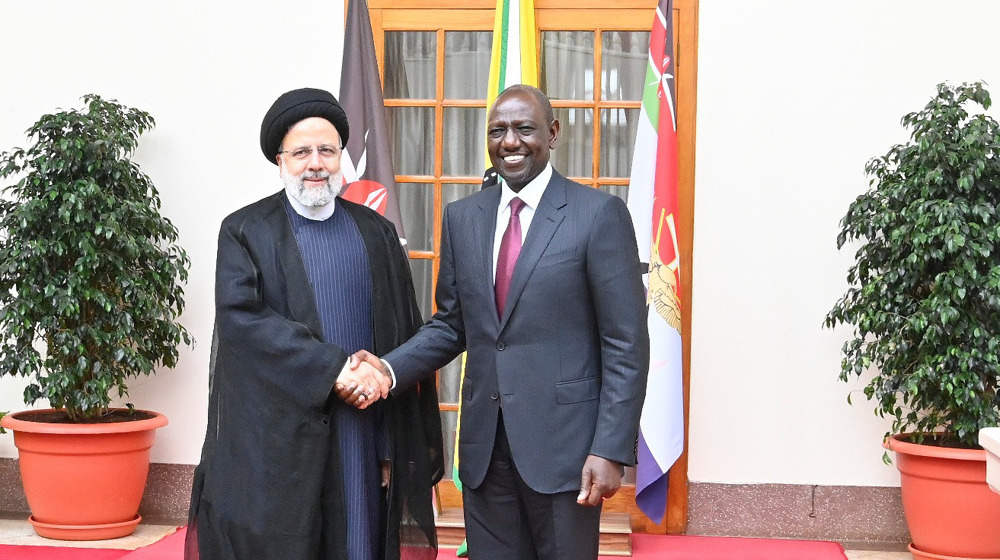


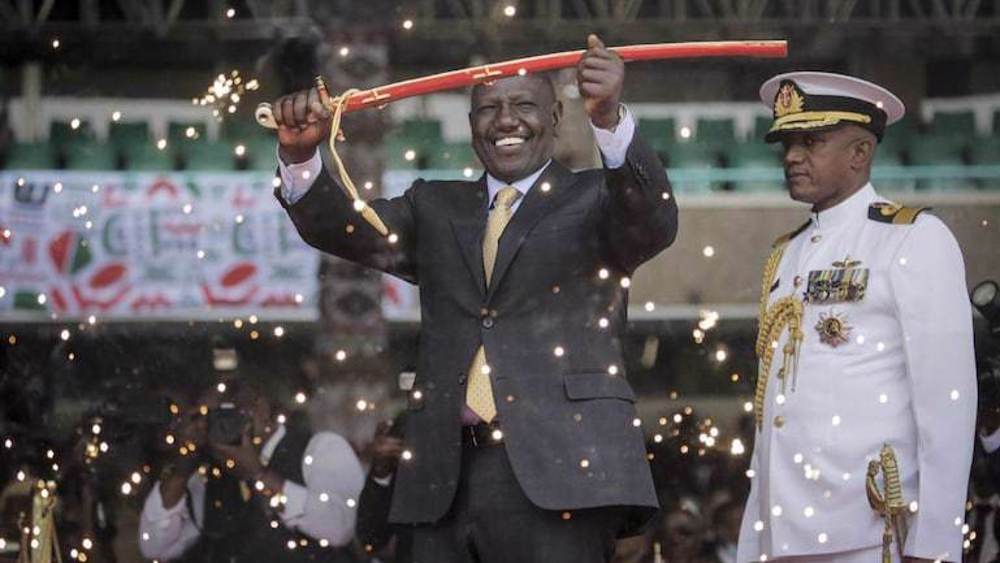
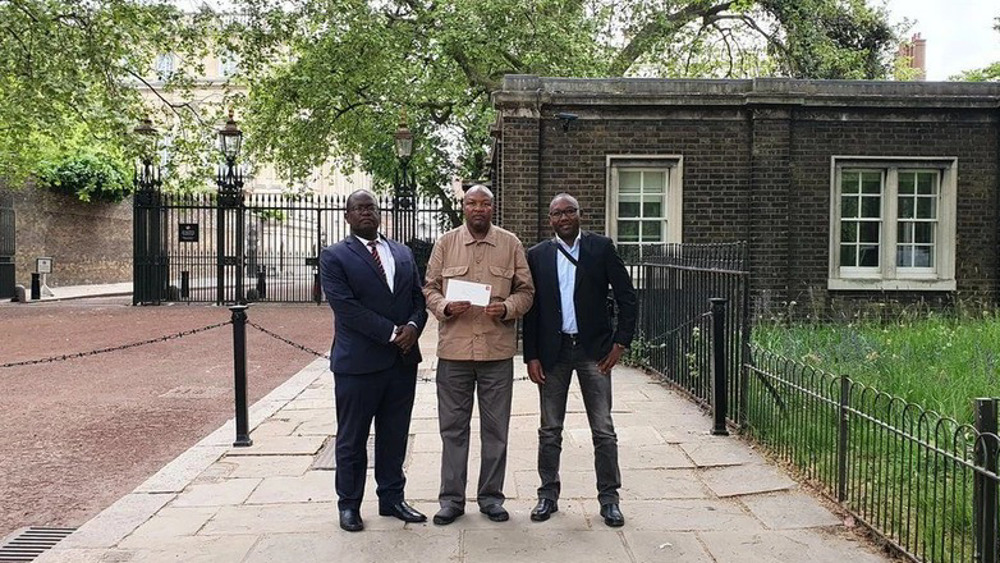
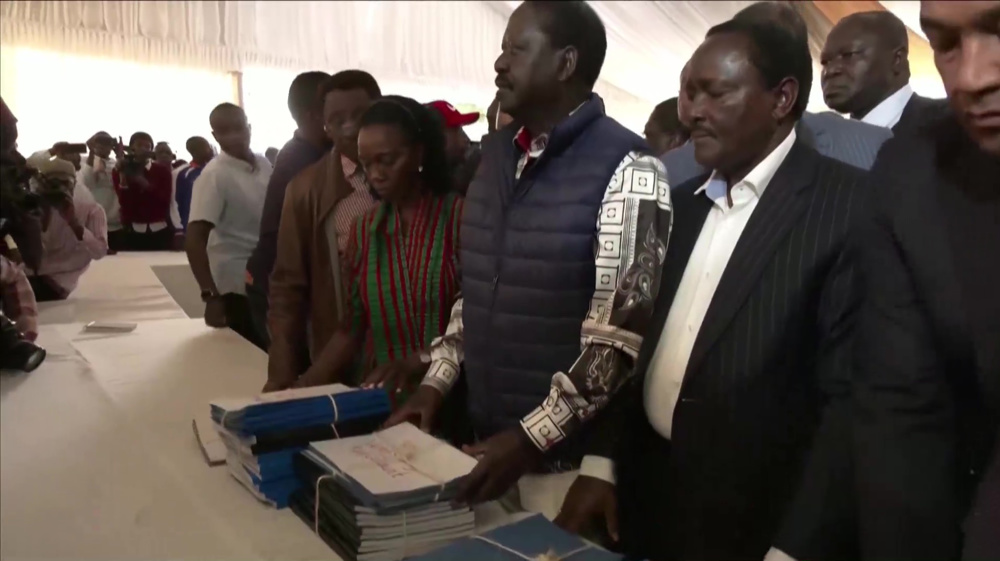

 This makes it easy to access the Press TV website
This makes it easy to access the Press TV website